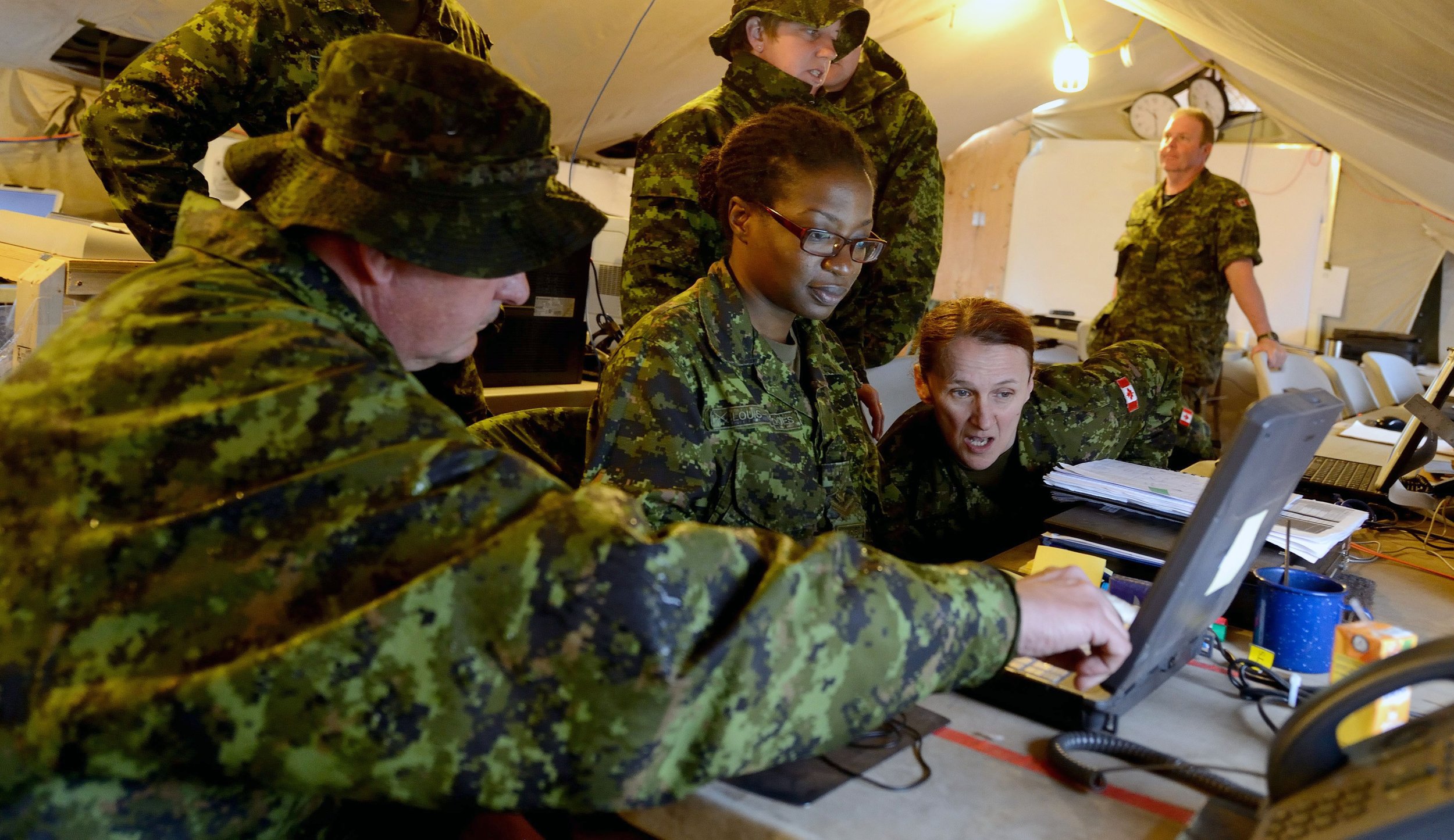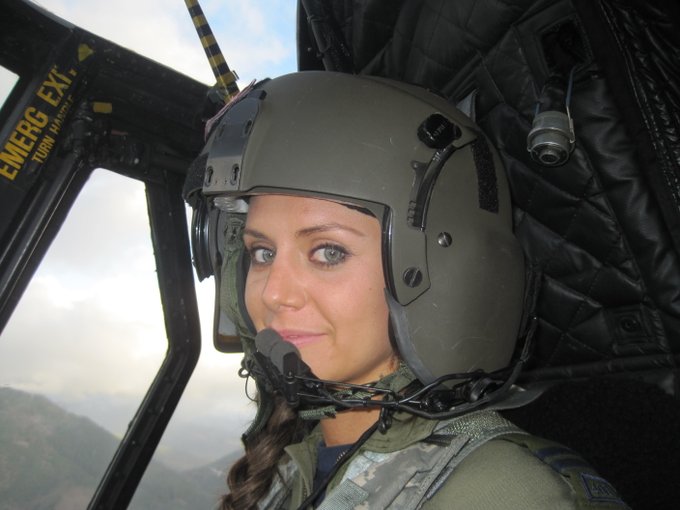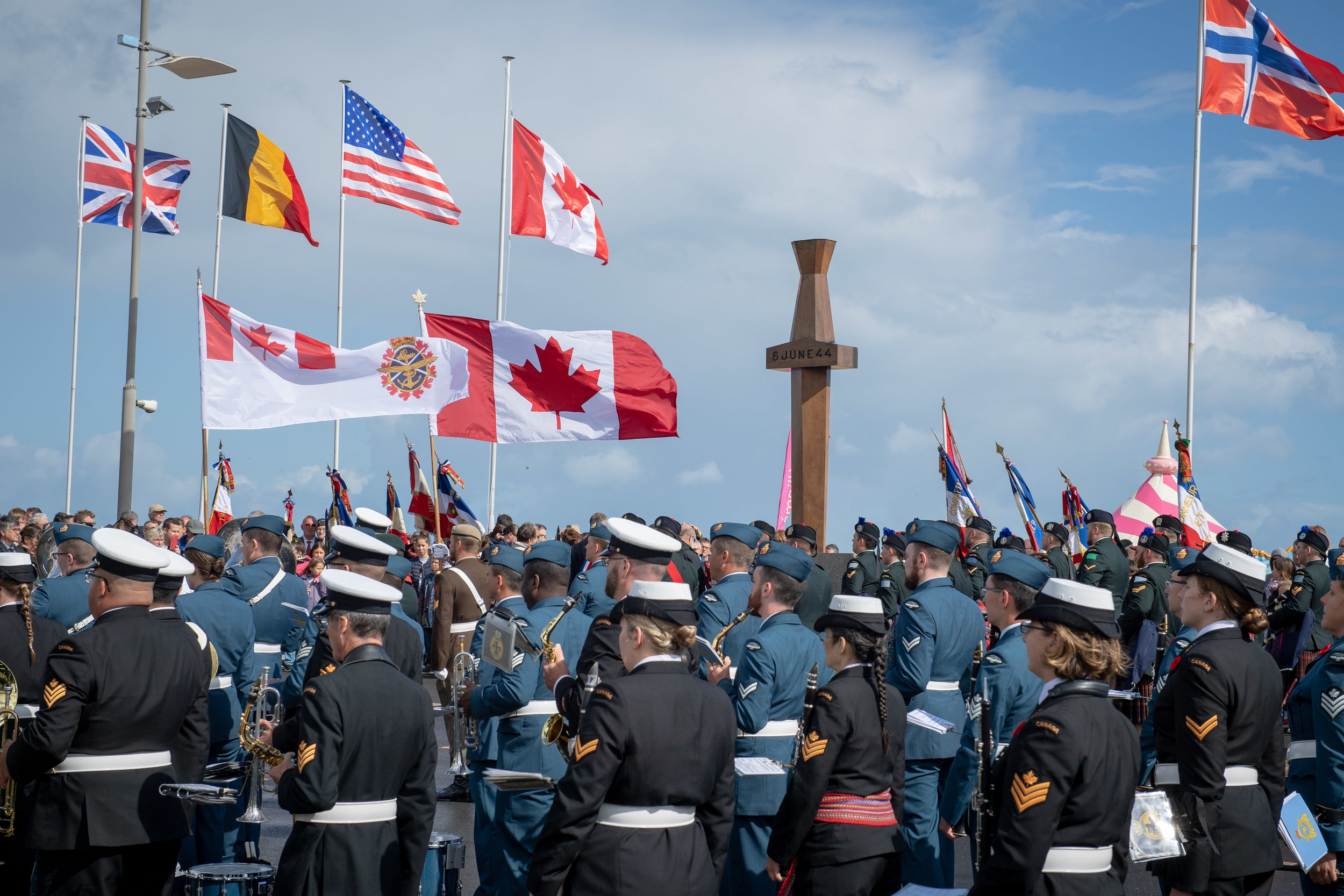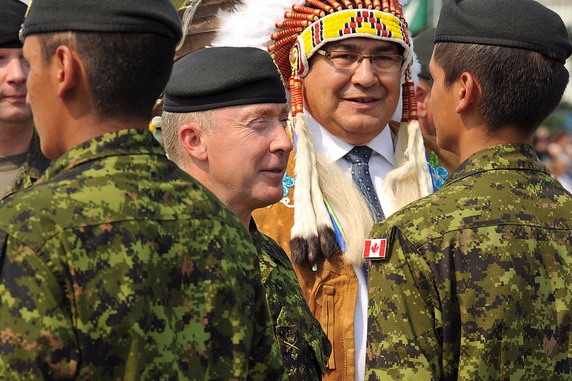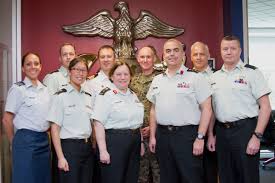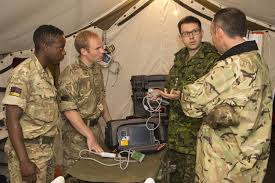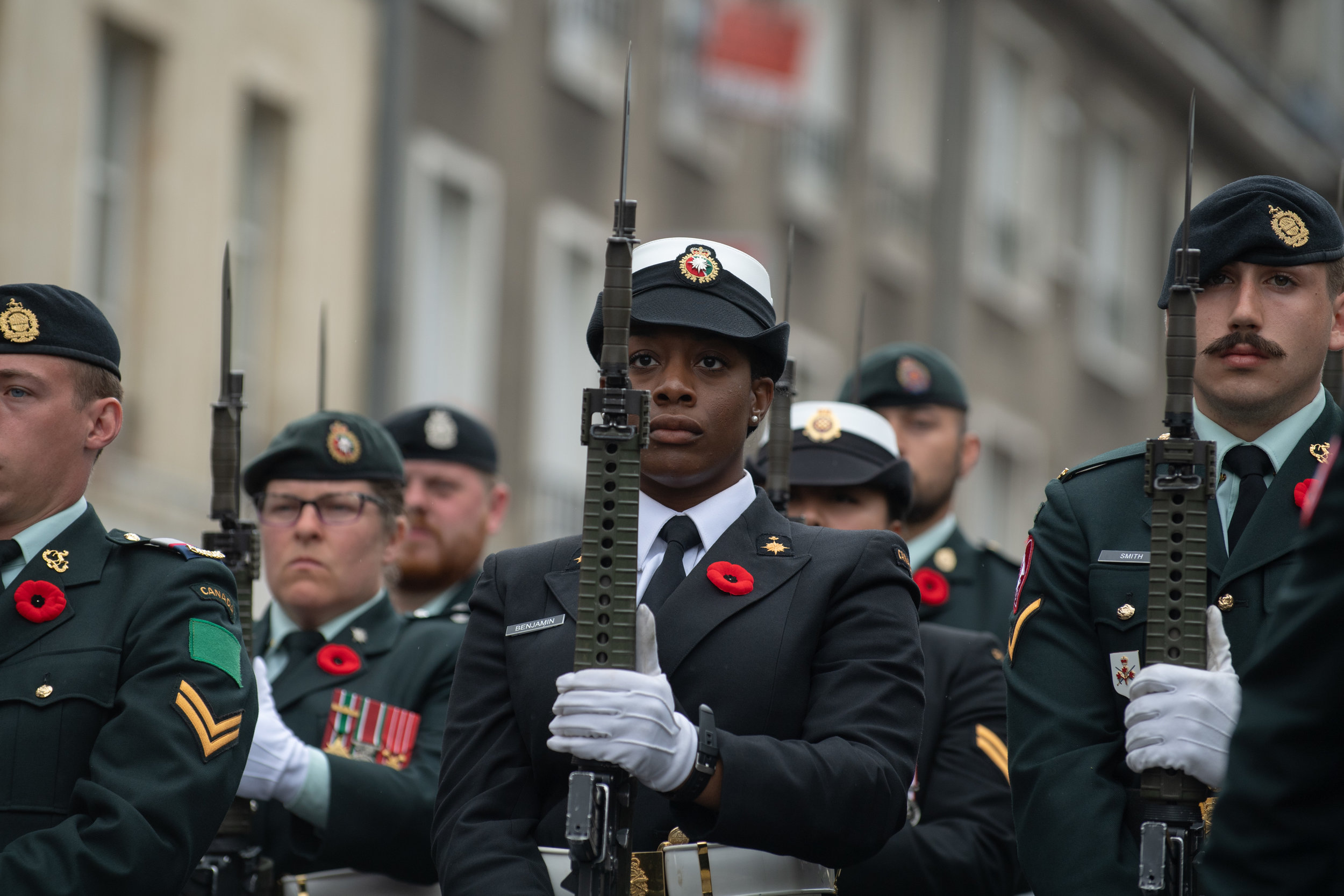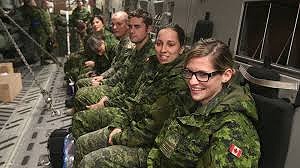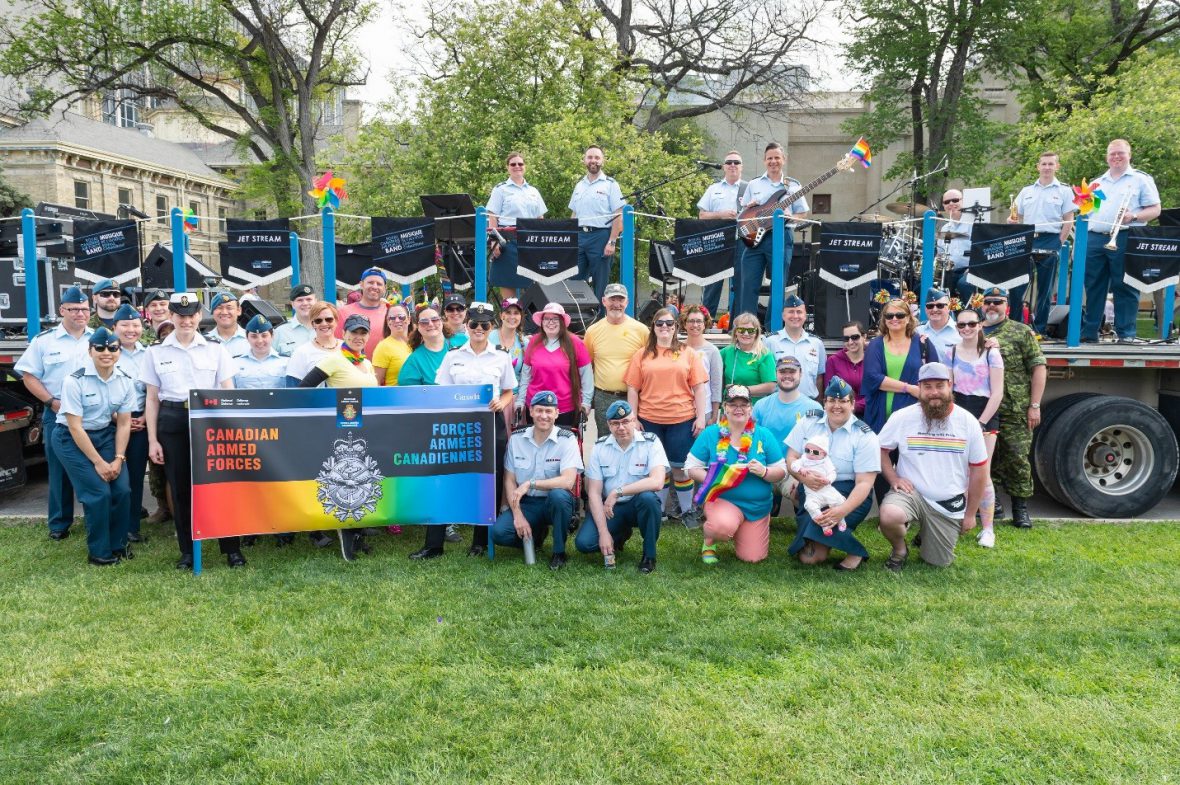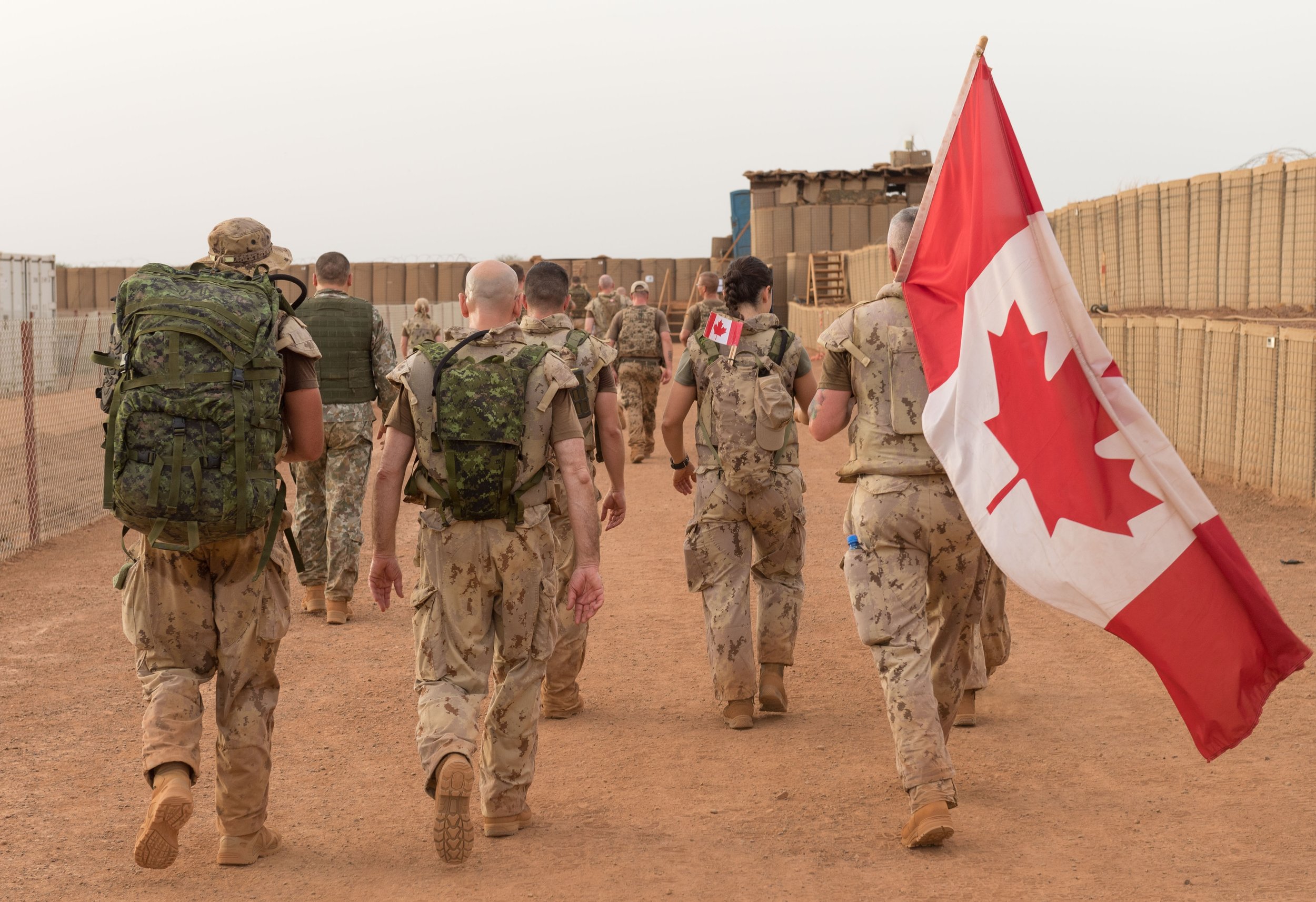Personnel are at the core of all defence and security activities.
Recruitment, retention, support, and well-being of Canada’s military members is critical, as is ensuring that the Canadian Armed Forces (CAF) align with Canadian values of fair treatment, respect, and diversity.
Over the next seven years, we plan to examine core topics related to military personnel by engaging with a broad range of stakeholders across academia, government, the military, think tanks and civil society.
We will also organize a variety of events, including research workshops and mentoring activities.
Description
This theme focuses on critical topics related to military personnel in the Canadian Armed Forces. Core topics will include recruitment and retention, military organizational culture and workforce diversity, personnel management and support of military members and their families, and key considerations related to the Total Defence Workforce, including integration of regular forces, reservists, and defence civilians
co-Directors
Irina Goldenberg: Co-Director of CDSN-RCDS & Director Research Operational and Organizational Dynamics (DROOD) in the Director General Military Personnel Research and Analysis (DGMPRA) in the Department of National Defence. Her research focuses on recruitment and retention in the armed forces and military-civilian personnel collaboration in defence organizations.
Stéfanie von Hlatky: Co-Director of CDSN-RCDS & Associate Professor of political studies at Queen’s University and the former Director of the Queen’s Centre for International and Defence Policy (CIDP). Her research focuses on NATO, military personnel, multinational interventions, and defence policy.
Research
Key considerations related to the Total Defence Workforce, including integration of regular forces, reservists, and defence civilians
Recruitment and retention, including emphasis on underrepresented groups
Military organizational cultures and directions for personnel management
SIGN UP FOR OUR #MILITARY-Personnel SLACK CHANNEL BELOW
“I believe that we can build people through their normal day to day activities. People who are inspired and like coming to work, [this] is key to the success of an organization. The relationships that people are building, feeling that what they do is important and that they are valued”
Past Events:
Total Defence Force Working Group of the European Research Group on Military and Society (ERGOMAS) conference (July 2021)
Workshop on Total Defence Workforces (May 2021)
The Many Faces of Diversity in Military Employment (November 2020)
CDSN Post-Doctoral Fellowship
Dr. Johanna Masse, 2021-2022 CDS Post-Doctoral Fellow (CIDP, Queen’s University)
https://www.queensu.ca/cidp/people/post-doctoral-and-visiting-scholars/johanna-masse
Dr. Masse will soon begin her post-doctoral studies at Queen’s University on gendered representations in the military, following a PhD in political science at Laval University on women’s activism in armed conflict. She is interested in women’s participation in both legitimate (state) violence and illegitimate expressions of it, and the ways in which they are represented. She has also been a lecturer in international relations, qualitative methodology and diplomatic history.
Dr. Linna Tam-Seto, 2020-2021 CDSN Post-Doctoral Fellow (CIDP, Queen’s University)
Dr. Tam-Seto is conducting research as part of the CDSN’s military personnel research theme. She has previously completed a PDF within the Health Studies and Policy Research Institute at Queen’s University supporting the development of the #Here4U Military Version, a mental health app for members of the military community. Dr. Tam-Seto holds a PhD in Rehabilitation Science and is a registered occupational therapist with extensive experience in the areas of children and adolescent mental health and professional practice for health care providers. She is also Adjunct Faculty in the School of Rehabilitation Therapy at Queen’s University and Contractual Assistant Professor at the Royal Military College. Her research interests include understanding the health and well-being of Canada’s military members, veterans, public safety personnel and their families during life transitions and changes, with a particular focus on the experiences of servicewomen and women Veterans. Dr. Tam-Seto’s post-doctoral work focuses on the development of a gender-informed, culturally competent mentorship program to support servicewomen within the Canadian Armed Forces. A culturally competent mentorship program is grounded in the assumption that mentors and mentees bring with them their collective identities (e.g., gender and/or intersecting identities) and respective cultures (e.g., military, civilian, ethnic, religious, etc.), which informs the roles, expectations, and nature of their mentorship relationship. In order for programs to be effective and successful in meeting organizational and individual needs of both mentees and mentors, specific considerations, such as these, are necessary in development and implementation. The project is using a variety of data collection methods to create a framework that will guide the development of a mentorship program which will include educational and resource materials for both mentors and mentees.
The Centre for International and Defence Policy hosts academic research on military personnel at Queen’s University. With its dynamic team of fellows and students, the CIDP produces policy briefs and organizes targeted workshop that bring together the military and academic community.
The Total Defence Force Working Group of the European Research Group on Military and Society (ERGOMAS) will focus on the key considerations related to total defence workforces. Since most research has traditionally focused on regular force military personnel, gaps in research on personnel in the other components – that is, research focused on reservists, defence civilians, and contractors, is be a central focus of this WG. Key questions include: What is the right mix of these groups in delivering on the defence mandate? In what roles? How should they be optimally employed and integrated into a cohesive whole to meet the defence mandate? What is the role of culture, identity, and other relational issues in facilitating optimal whole force integration? What are the main personnel management factors affecting these workforces in defence organizations? Overall, what are the challenges and enablers both within and between these components, including both intergroup and intragroup topics? What are the best practices, strategies, programmes and policies for effective management related to Total Defence Forces?
The Director General Military Personnel Research and Analysis (DGMPRA), within the Commander Military Personnel Command (CMPC), delivers a comprehensive personnel research program for the Department of National Defence (DND) and the Canadian Armed Forces (CAF), addressing both strategic and operational research needs. DGMPRA’s program of research is aligned with CMPC priorities and Canada’s Defence Policy and aims to inform personnel policy and decision making to maximize operational and organizational effectiveness in the CAF and DND.
DGMPRA’s mission: To inform personnel policy and decision making in DND and the CAF by providing expert, objective, evidence-based advice to leadership.



